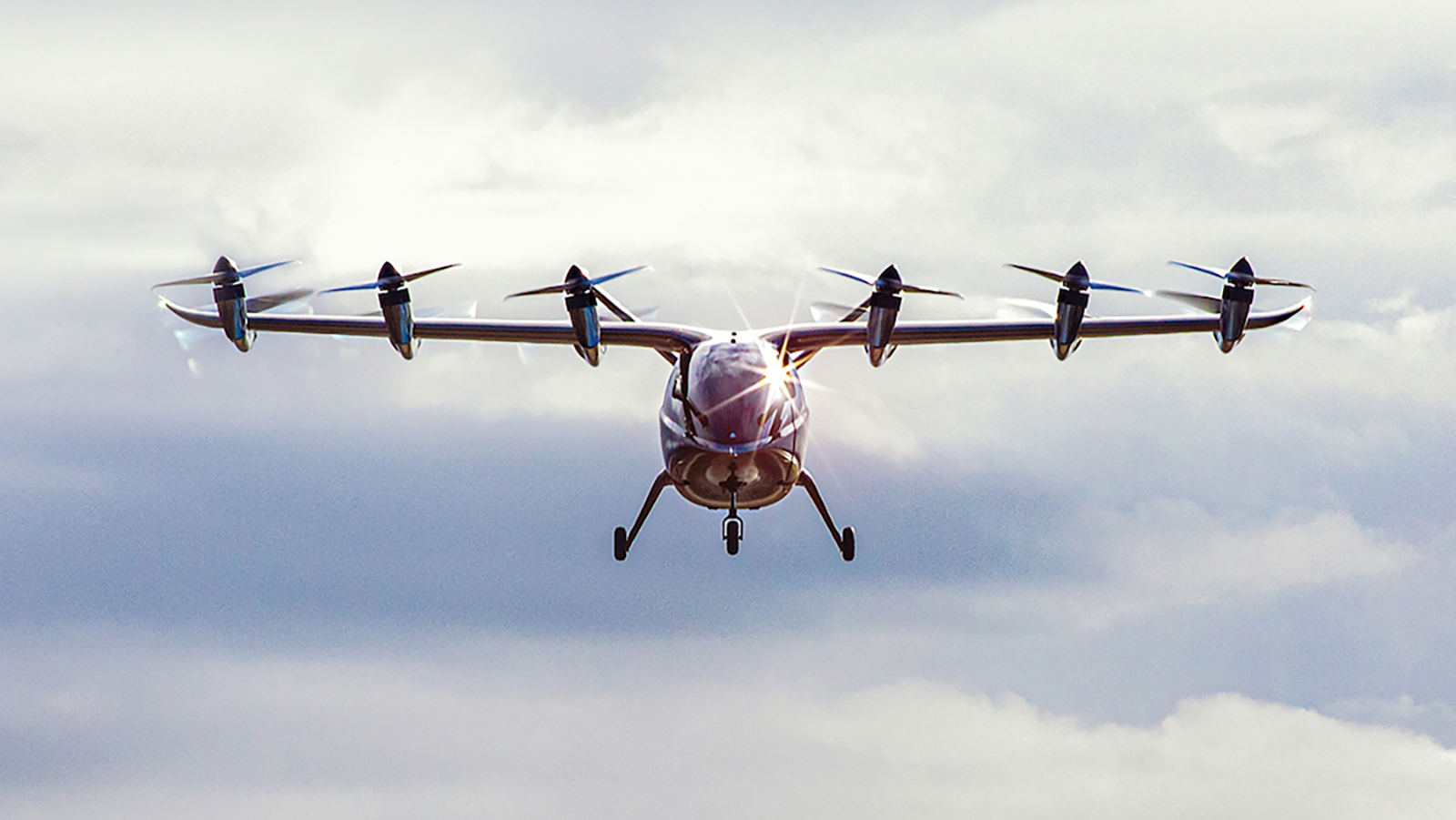Stay Up to Date
Submit your email address to receive the latest industry and Aerospace America news.
Archer, Joby and others emphasize need for decision by the end of the year
Companies developing winged air taxis that would take off and land vertically pressed FAA anew on Wednesday to clarify how certification of their pilots and their operations will work.
For some of the companies, there is no time to waste, given that they plan to begin passenger flights in less than two years with their electric vertical takeoff and landing, or eVTOL, aircraft.
“We’re likely to be targeting certification in 2024. To do that, we have to see the public processes executed for certification basis to be finalized,” said Michael Romanowski, head of government relations at Silicon Valley-based Archer Aviation and a former FAA regulator.
He and other executives spoke during a panel discussion at Honeywell’s Air Mobility Summit at the company’s offices on Capitol Hill in Washington, D.C.
FAA had planned to consider winged eVTOLs under a special process within its “airplane category,” but in May the agency confirmed reports that it had decided to ultimately shift them to an updated version of the “powered-lift” category created in 1995 to accommodate thrust-vectoring designs. The agency said the shift was necessary to “safely and efficiently integrate new types of aircraft into the nation’s aerospace system.”
Affected companies want FAA to issue an interim “special federal aviation regulation” or SFAR by the end of the year spelling out how it intends to certify pilots and operations.
“I think we’re really grateful to members of Congress for writing letters and holding briefings to ensure that the 2024 goal is met, because obviously, it is an absolutely critical thing for us all to get into commercial operations as soon as possible,” said Max Fenkell, the policy and government affairs lead at Joby Aviation of California, another company with a powered-lift design that plans to begin operations in 2024.
Joby has received one of the three FAA certifications it will need to begin air taxi services that year — its Part 135 Air Carrier Certificate — under the airplane category. The company still needs an aircraft type certification and a production certification to begin passenger flights with its electric aircraft.
The panel at the Honeywell summit also included representatives of California-based Wisk Aero, Vermont-based Beta Technologies, Germany-based Lilium and Washington, D.C.-based Supernal. All were among the 14 companies that helped the General Aviation Manufacturers Association craft a letter to FAA in July urging action by the end of this year.
GAMA asked regulators to “specify the operating rules to apply to powered-lift aircraft on a temporary basis while the FAA gathers additional information and determines the most appropriate permanent rulemaking path for these aircraft.”
Read the letter: GAMA22-28-Recommendations-Powered-Lift-SFAR-220721
Get the latest news about advanced air mobility delivered to your inbox every two weeks.
About paul brinkmann
Paul covers advanced air mobility, space launches and more for our website and the quarterly magazine. Paul joined us in 2022 and is based near Kennedy Space Center in Florida. He previously covered aerospace for United Press International and the Orlando Sentinel.
Related Posts
Stay Up to Date
Submit your email address to receive the latest industry and Aerospace America news.




